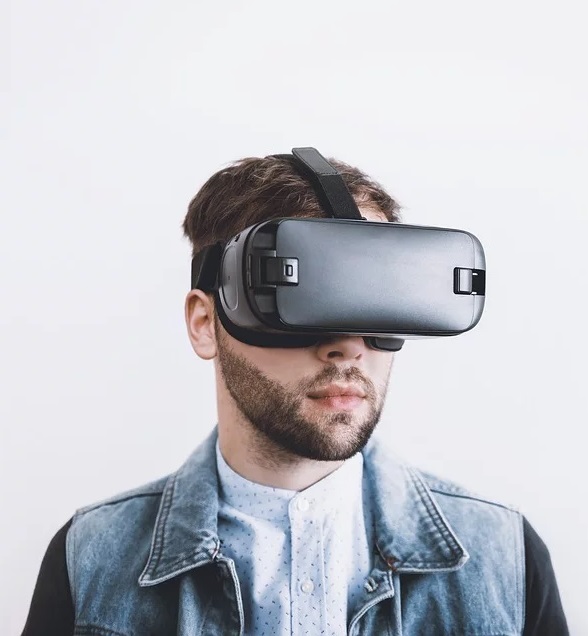 There are all kinds of things that rewire your brain. Education. Therapy. The stick in Men in Black that makes you forget you ever saw aliens.
There are all kinds of things that rewire your brain. Education. Therapy. The stick in Men in Black that makes you forget you ever saw aliens.
But now you can add gaming to that illustrious list.
Brain Plasticity
Our brains have a remarkable capacity to reorganize themselves in response to new stimuli. If you practice the guitar for six months straight, you’ll develop new pathways that help you play it better. Similarly, if you keep hammering away at French, you’ll eventually learn the language.
Video gaming appears to have a variety of positive effects on brain plasticity, helping to enhance cognitive capacity.
Hand-Eye Coordination
First up, video games encourage improved hand-eye coordination. People who play a lot of games strengthen the motor connection between their hands and their brains. With time and practice, structures in the brain improve and spill out into other areas of life, such as writing, sport and driving.
Personal Accountability
Second – and perhaps more interestingly – video games appear to improve personal accountability. Researchers think that this has to do with the way that video games force you to earn your rewards. They train your brain to accept that there’s a delay between working hard and getting the dopamine fix you crave. This pattern spills over into other parts of your life, making you more conscientious and willing to work hard for your rewards – be it at work, in your relationships, or when learning a new skill.
It Can Make You Less Violent
Games like online roulette have no violent content. You’re just watching a wheel spin around. Others though contain extraordinarily violent and disturbing scenes.
For years, worried parents and psychologists have worried that exposure to violence will make people violent, but the opposite seems to be true. To date, there’s no compelling evidence at all that spending hours on titles like Doom make any difference to levels of violent crime.
Gaming Increases Brain Efficiency
Gaming is, in many ways, mental exercise. While it might seem like recreation or relaxation, it is actually a profound challenge. Difficult games force neurons to reorganise themselves more efficiently. Research suggests that gaming could reduce reaction times and improve spatial awareness.
Right now, though, we’re at an interesting point in the development of research. While it is clear that gaming has an effect, it is not clear whether it helps gamers with their lives overall. The data indicate that individual mental faculties improve. However, there’s still no evidence telling us whether this comes at the cost of other cognitive capacities.
There’s also a lack of research as to whether these adaptations translate into benefits in the real world. You would hope that gaming, for instance, might enhance academic performance, but the data on this type of question is sorely lacking.
Playing games, therefore, rewires your brain. But the most interesting aspect of this story is that we know so little about the secondary effects. They could be good. But they could also be harmful. We just don’t know right now.
